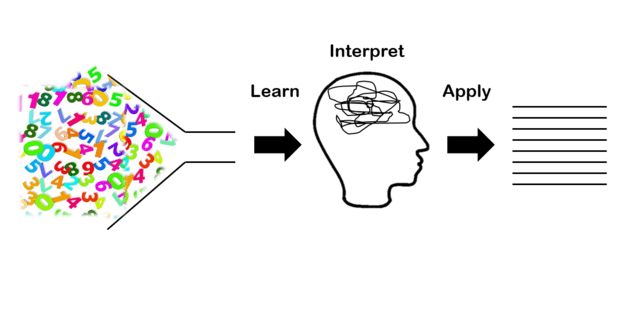There really is nothing more rewarding during a tutoring session than the student suddenly realising they ‘get it’, and excitedly explaining every single detail back to you correctly. (Sure, it can be hard to get to that point – severe delays on the District line, rearranging sessions at the 11th hour because of ‘unexpected’ coursework deadlines, desperately trying to remember what you learnt 17 years ago when you were the one doing biology A-level – but it’s always worth it).
Clearly our role as tutors centres around these details and ensuring the students have a solid understanding of them in every topic we cover. However, over the years I have noticed that we also have a significant part to play in supporting our tutees to apply their knowledge outside the specifics they cover in class. At A-level, exam questions may be worded slightly differently to the way students have been used to, or they may come across information or terminology they are unfamiliar with, which can bring everything to a (largely unnecessary) standstill. Building their confidence in the subject in general through logical thinking and knowledge application is therefore as critical as getting the details right in making sure they have the tools to achieve their potential. Linking topics to other topics and/or subjects, and sometimes even illustrating a topic with examples from current affairs (e.g. the mechanism of a new cancer treatment or potential reasons behind the latest flu outbreak), can really help them see the bigger picture and understand key concepts more deeply.
The end game here is of course helping students to get the best grades they possibly can in order to get to university. This is brought most sharply into focus during the UCAS application cycles, and with the January 2018 cycle having just closed, this is currently no doubt very much at the forefront of the minds of students and their tutors alike.
Some things have changed since I applied to university (it almost seems bizarre now that back then we filled in paper forms and sent them off in the post) – but the principles remain the same: get the grades, stand out from other students, and sell yourself effectively. In the January 2017 application cycle, 564,190 students applied through UCAS, all competing for a place – demonstrating why it’s so essential to get the degree subject, university choices and personal statement right.
As part of our ‘details plus bigger picture’ remit, as tutors we can help students by talking to them more broadly about what they want to study and why – providing advice on what it really takes to get that medical degree, suggesting alternative degrees they may not have considered, or helping them think about potential careers they might be interested in after university. Sometimes all it takes is a simple discussion to support your student in the decision-making process, before you turn back to the textbook and finish in time for them to get the 18.07 tube home to finish off that coursework.
Emily Bell, Access Project Tutor
Sign up to tutor with us here http://bit.ly/2imKIV6
Source: tap orig

